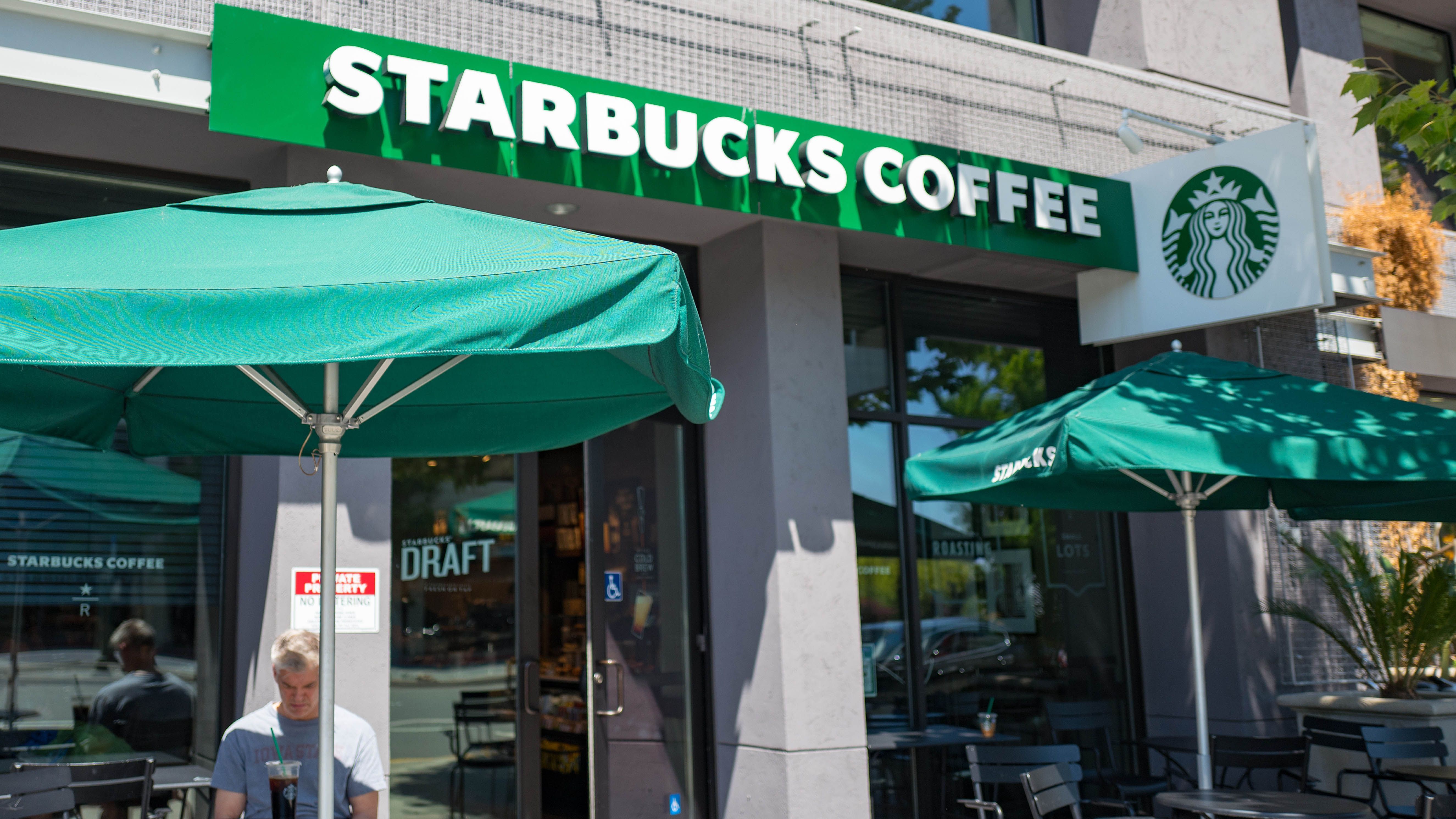Federal prosecutors will lead a new Houston-based group created to help law enforcement agencies respond to an inevitable wave of fraud and other criminal activity set off by Harvey's punishing rains.
Authorities are warning residents, volunteers and officials in flood zones in Texas and Louisiana they could be targeted by storm-related scams, contract corruption, document fraud, identify theft and other crimes. They emphasize that the easy availability of personal information and documents on the internet has widened criminal activities and potential victims to anywhere in the U.S.
The new working group, announced Thursday night, was intended to combine Justice Department prosecutors, FBI and other federal law enforcement agents with Texas and Louisiana state officials in a team aimed at quickly identifying criminal trends and deploying resources for investigations and prosecutions.
Houston-based acting U.S. Attorney Abe Martinez, one of the top officials in the new working group, said storm victims had already suffered devastation and "the last thing that victims of the damage need is to be victimized again."
The working group will be supported by the National Center for Disaster Fraud, a Baton Rouge-based federal task force that has specialized in disaster-related fraud and crimes since its creation in the aftermath of Hurricanes Katrina and Rita in 2005.
The National Center's team of operators will answer an expected crush of complaints in the coming months, while its core of federal prosecutors and agents will help the Houston-based group to identify criminal activities that span areas far from the flood zones.
"We recognize that much of the fraud may occur in areas far removed from the disaster," said Corey R. Amundson, the acting U.S. attorney for the Middle District of Louisiana and the executive director of the National Center.
U.S. & World
The task force played a role in many of the prosecutions of 1,463 defendants for disaster-related crimes associated with Hurricanes Katrina and Rita. Those cases targeted defendants in 49 federal districts across the country — a clear indication that criminal activities spawned by Harvey could originate anywhere.
After Katrina, many of the task force's criminal prosecutions targeted those accused of fraudulently obtaining emergency assistance funds intended to help storm and flood victims. The unit's scrutiny broadened to people and companies that filed fraudulent home repair and disaster loan applications and also to contract and kickback schemes involving corrupt public officials.
"Depending on what the new working group tells us about what kinds of crimes they're dealing with and where crimes are occurring, we can help identify what they need to look out for," Amundson said.
Among officials investigated by the task force after Hurricane Katrina were Benjamin L. Edwards Sr., a former New Orleans city sewerage director who pleaded guilty in 2010 to wire fraud and tax evasion for soliciting more than $750,000 in payoffs from hurricane cleanup contractors. Another was Gregory Brent Warr, the former mayor of Gulfport, Mississippi, who admitted guilt in 2009 for improperly receiving federal disaster funds.
As high water continued to spread Friday, Texas law enforcement officials were already warning residents about flood-related crimes.
"Protect yourself and your wallet from unscrupulous operators," urged a new flyer posted by the Texas attorney general, whose office had received nearly 700 complaints by late Wednesday.
Most of the calls reported price gouging but a few alleged cases of fraud, said Kayleigh Lovvorn, a spokeswoman for Texas Attorney General Ken Paxton.
The Federal Emergency Management Agency and other relief agencies were accused of loose oversight after Katrina, but they have tightened controls since then, said Walt Green, a Baton Rouge lawyer and former U.S. attorney in Baton Rouge. But even in recent disasters, federal agencies were still targeted by scores of applications using fraudulent addresses, personal information and other spurious documentation.
"Identify fraud is the newest angle," said Green. "You can find long lists of social security numbers of the dark web and people are purchasing them to use after disasters."
Green, who led the federal disaster task force between 2013 and last March, said some criminal activity likely spiked even before Harvey's landfall last week. He said hurricane-related internet addresses — often with wording stressing storm charity and relief — are quickly purchased in the hours before a hurricane's landfall. Some web addresses later surface in charity scams that bilk unsuspecting donors or lure viewers to virus-infected sites.
On Wednesday, the government-funded Multi-State Information Sharing & Analysis Center reported more than 500 domain names associated with Harvey had been registered over the preceding week. The majority of those names, the center reported, used words associated with philanthropy and aid, including "help," ''relief," ''donate" and "victims."
Four domain names referencing Harvey and the words "relief," ''fund" and "recovery" were listed for auction on eBay.com earlier this week, starting at $5,000 each. James Streigel, a northern California man who acknowledged offering them for sale, said he had no malicious intent and intended to sell them to the highest bidder. Streigel said his listings also carried notices saying he would donate 20 percent of his earnings to the American Red Cross.
He acknowledged to The Associated Press that he had no way of preventing prospective buyers from using the domain names for criminal activity. "We can't be sure of anything these days," Streigel said.
Hours later, an eBay spokesman, Ryan Moore, said the listings had been removed from eBay's site. "We've issued a warning to this seller that these listings violate eBay policy," Moore said.
The site's "offensive material policy" prohibits listings that "attempt to profit from human tragedy or suffering, or that are insensitive to victims of such events."



